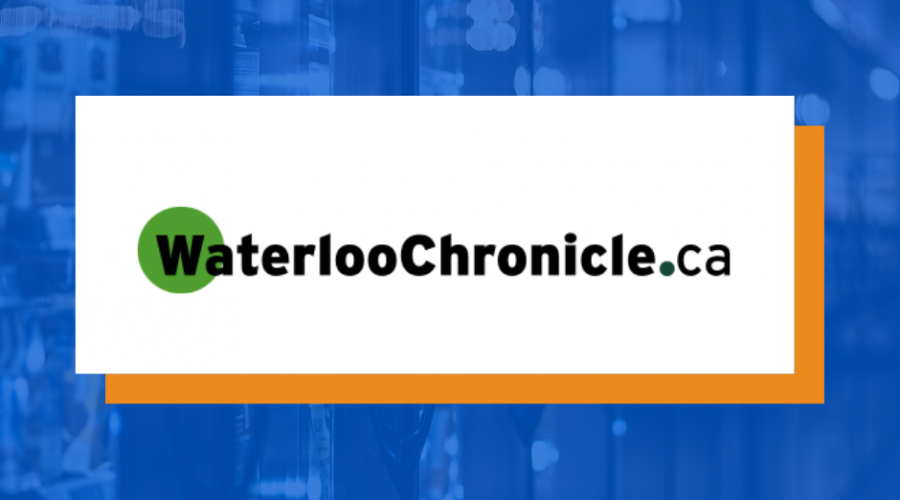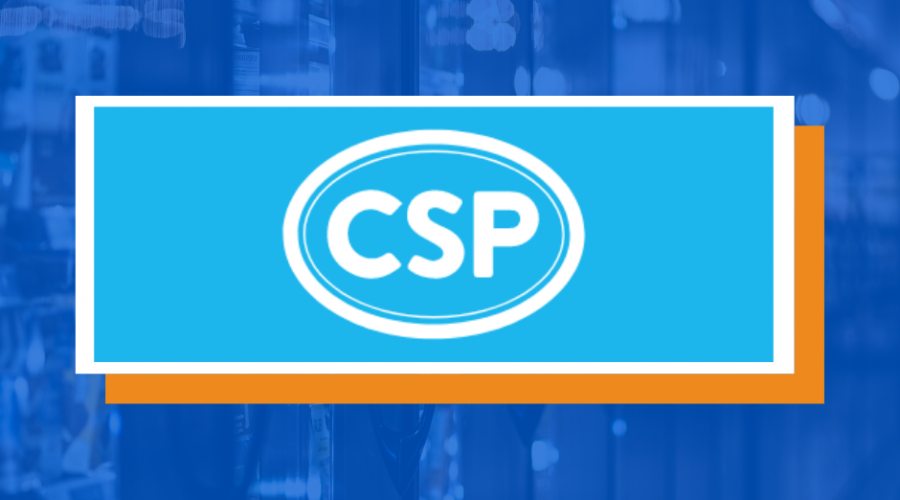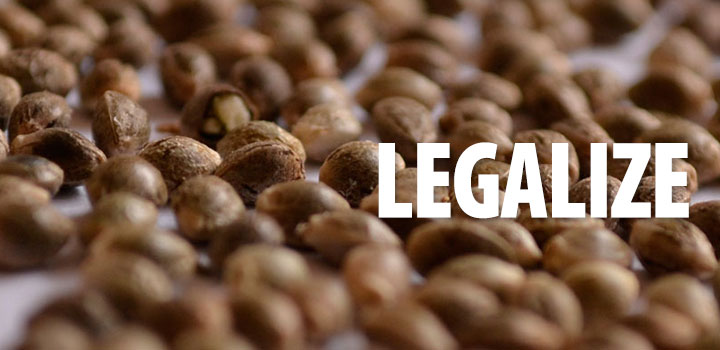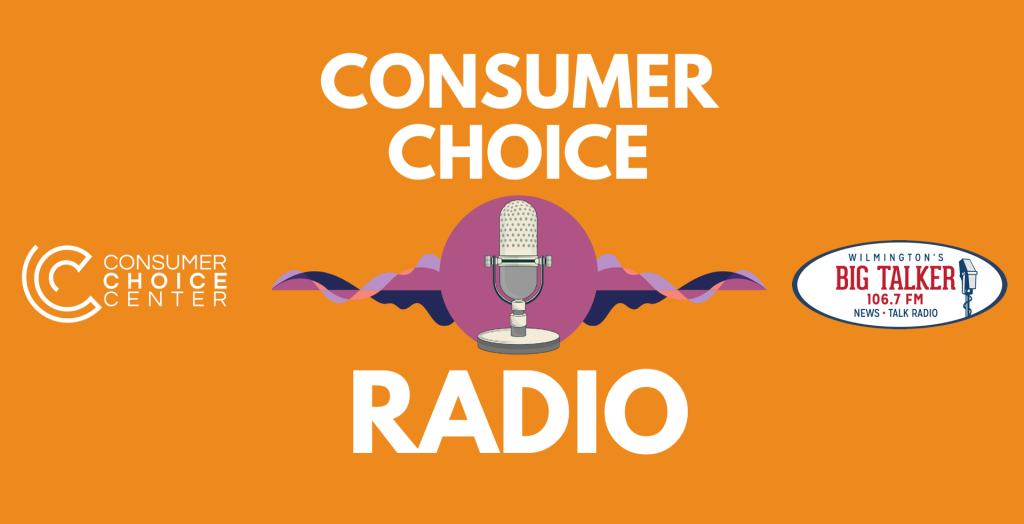COVID-19: Retailers scrambling to respond to a surge in e-commerce orders during pandemic
Retailers have been left either struggling with a surge in demand for online ordering and delivery or ruing their lack of a web shop
Cannabis retailers in Ontario exhaled a collective sigh of relief earlier this week when the provincial government threw them a lifeline by finally — albeit temporarily — allowing them to offer online sales after shutting down their physical storefronts last weekend.
Previously, only the government-owned Ontario Cannabis Store was allowed to sell cannabis online, a “silly and misguided” policy, according to the Consumer Choice Centre, a consumer advocacy group. Now, for the time being, cannabis stores can offer delivery and curbside pickup.
Read more here
The Consumer Choice Center is the consumer advocacy group supporting lifestyle freedom, innovation, privacy, science, and consumer choice. The main policy areas we focus on are digital, mobility, lifestyle & consumer goods, and health & science.
The CCC represents consumers in over 100 countries across the globe. We closely monitor regulatory trends in Ottawa, Washington, Brussels, Geneva and other hotspots of regulation and inform and activate consumers to fight for #ConsumerChoice. Learn more at consumerchoicecenter.org












